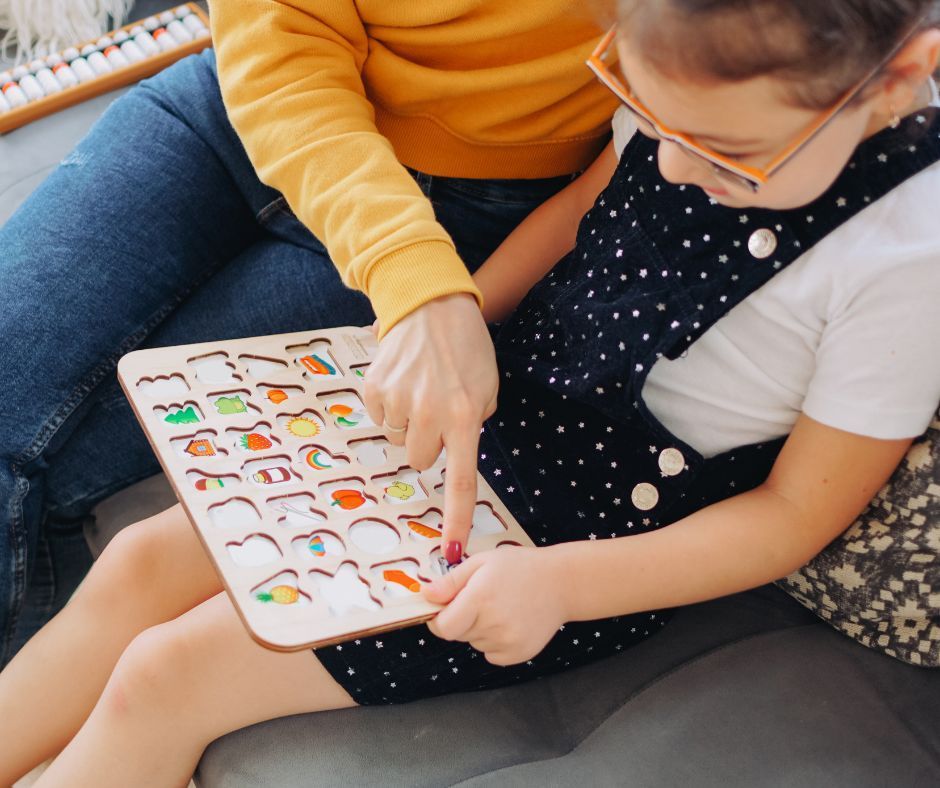Even God Wanted a Peaceful Home
My husband loves peace. When we first got married, I wondered what on earth was wrong with him. It was like he just refused to argue with me. I think it was partly my age (19) and partly my personality, but I actually enjoyed a bit of conflict here and there. If someone offended me or a loved one, I would go out of my way to set a boundary with that person.
When I became a mom, I was faced with a huge dilemma. Our son had major neurological impairments that made him incredibly impulsive. It’s hard to find your peace when your child is cutting the curtains, drawing on the furniture, and breaking all the eggs in the fridge—all before you even finish your first cup of coffee.
I started to crave peace, but I didn’t know how to find it given the circumstances. I so anticipated my husband’s arrival from work that I had it timed to the minute. Lord forbid he do something unexpected like stop for gas or use the bathroom—my tolerance ended the minute he was supposed to be home, not when he actually got there. I longed for him to walk through the door, pick up a crying child, and absorb some of my stress into his arms.
It took years to find our parenting peace. We began noticing patterns of misbehavior and learned how to prevent so much of it that way. We started expecting meltdowns on holidays and notes from school whenever there was a substitute teacher. Our circumstances didn’t change much—if anything, the small problems became big ones. So big that I found myself longing for the days when I went to bed exhausted and tearful but at least knowing my kids were safe at home.
Peace, I learned, is something you fight for—not through control, but through releasing so many things: expectations, resentment, jealousy, fear of the future, and other people’s opinions of you.













